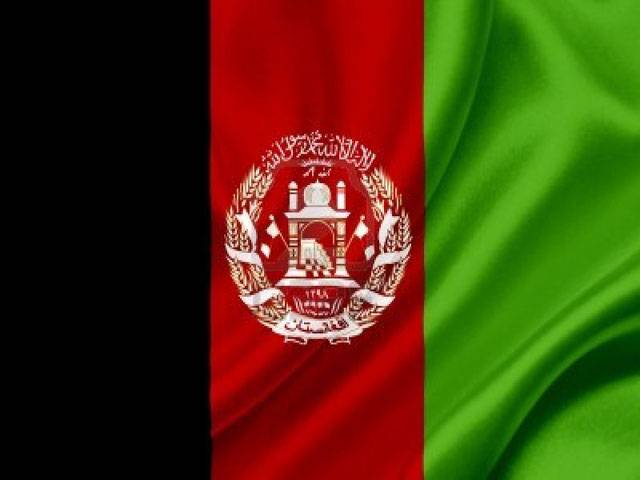KABUL - Afghanistan is shocked by Pakistan’s ‘complacency’ in the nascent Afghan peace process and is ready to work without Islamabad’s help on reconciliation, Deputy Foreign Minister Jawed Ludin told Reuters on Wednesday.
It was the first time Afghanis-tan has suggested the possibility of going it alone without its neighbour. Regional power Pakistan is seen as critical to stabilising Afghanistan.
Ludin also said the government would look to senior Taliban figures recently handed over by the United States in Bagram prison to urge militants to pursue peace. He did not elaborate.
Ludin, widely believed to shape foreign policy, told Reuters Afghanistan had noted a shift in Pakistan’s position towards peace efforts that are gaining more urgency as foreign forces prepare to leave by 2014-end.
“We here in Kabul are in a bit of a state of shock at once again being confronted by the depth of Pakistan’s complacency, we are just very disappointed,” he said.
“But what has happened in the last few months for us, (we) see that Pakistan is changing the goal post every time we reach understanding.”
Afghanistan expressed its concern about what it called Pakistan’s attempt to sideline President Hamid Karzai’s government to US Secretary of State John Kerry during his visit to Kabul this week, said Ludin.
The deputy foreign minister, who is closely involved in peace efforts, said Afghanistan insisted that its High Peace Council, formed by Karzai, should spearhead any peace efforts. Ludin said Pakistan had been trying to get Taliban to talk to other parties, like the opposition, something he said would reverse gains. “Suddenly, there is a new notion of the peace process now being introduced by Pakistan and that’s ‘well why should the Taliban talk to President Karzai or the High Peace Council?’” said Ludin. “They (Taliban) should in fact talk to other political parties. That’s what they have told us,” Ludin said.
“Pakistan’s concept of the peace process is one that will reverse the achievement of the last 10 years that will negate the centrality of the Afghan state.”
Karzai is due to visit the Gulf Arab state of Qatar soon to discuss the opening of a Taliban office that could be used for peace contacts in the future.
Ludin suggested Pakistan wanted Afghanistan to remain unstable so that militant groups allegedly backed by Islamabad would be in a position to capitalise on instability after 2014.
“What they would like is again a fragmentation of the Afghan state and going back to the drawing board so that they can have another 10 years, at least another decade, of weak, compromised Afghan state,” he said.
Ludin stressed that Pakistan was a pivotal player and Afghanistan would still welcome its support. “The sad reality is though Pakistan still remains the most important missing link in this whole vision that we have,” he said.
Karzai’s government, he said, would now turn to some of the most senior, hardcore Taliban leaders behind bars in Bagram in its quest for peace.
“We will try to appeal to them and say: ‘Look, continued reluctance of Taliban to stay away from peace process and any buy in to this whole Pakistani design that they should not to speak to the Afghan government, is dangerous,’” said Ludin.
Agencies add: British Prime Minister David Cameron telephoned President Zardari on Wednesday and exchanged views on Afghan peace process and bilateral relations.
Cameron also held a telephonic conversation with President Karzai to follow up on the London talks and discuss Afghanistan’s relations with Pakistan, according to an official statement.
Thursday, April 18, 2024
Kabul to pursue peace talks without Pakistan

Rail Revival
April 17, 2024
Addressing Climate Change
April 17, 2024
Saudi Investment
April 17, 2024
Political Reconciliation
April 16, 2024
Pricing Pressures
April 16, 2024
Justice denied
April 18, 2024
AI dilemmas unveiled
April 18, 2024
Tax tangle
April 18, 2024
Workforce inequality
April 17, 2024
New partnerships
April 17, 2024
ePaper - Nawaiwaqt
Advertisement
Nawaiwaqt Group | Copyright © 2024





